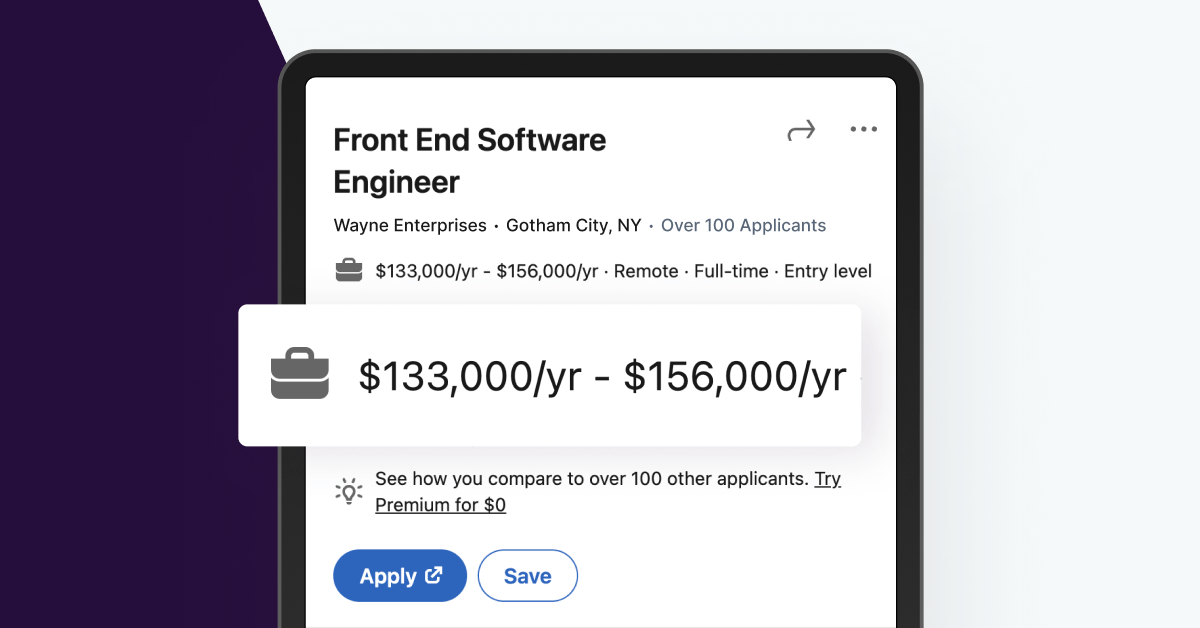30 March 2023 – New UK data released today by Syndio, the workplace equity platform, reveals the ‘Confidence Gap’ still hinders pay equity between men and women. Coming out just before the UK gender pay gap reporting deadline on 4th April, the study suggests that while salary transparency is a hugely important step towards creating a more equitable culture, women are still more likely to feel that negotiating their pay will be perceived negatively by their employer.
Men are confident, women are worried – and this directly impacts pay
The study reveals that the top feelings for women when negotiating salary are a fear of being rejected (25%), lack of confidence (23%), and concern about being seen as ‘pushy’ and risk of damaging their career (21%). Men on the other hand feel overwhelmingly confident, with the top three responses being: that they feel well prepared and know their worth; that they are confident it won’t affect their career; and finally, that it will improve how they are perceived (all 16% respectively).
Among those who said they had asked for a pay increase and received one, there was little difference between the genders, but men were almost twice more likely to ask than women (21% vs 12%), and more likely to ask for more. On average, men who negotiated a pay rise requested an 7.5% increase and received 6.6% while women asked for 6.8% and got 5.9%. These figures suggest that confidence, in itself, has the potential to directly affect pay equity.
Senior, experienced women aren’t empowered
Disparities at the very top of organisations and lack of visibility of women in senior leadership teams are core contributors to the gender pay gap. Among higher earners (above the UK average of £33,000), men rank highly as knowing their market value and feeling well-prepared to negotiate, while higher-paid women still fall in line with the general trend of feeling overwhelmingly worried about negotiation. Higher earners tend to ask for more and get more – asking for an 8.4% increase and being awarded 7.3% versus lower earners asking for 6.2% and getting a 5.5% rise, also exacerbating the gender pay gap.
Most women over 45 (nearly a third of the total) cited their primary feeling toward pay negotiation as lacking the confidence to follow through on negotiations, indicating experienced women aren’t feeling valued or empowered in the workplace. This is especially pertinent in light of recent calls for more to be done to champion and support older women, spotlighted with the recent rejection of a ‘menopause leave’ trial by Ministers.
“Pay transparency is an important step towards workplace equity, but this research shows it isn’t enough. Companies serious about valuing their employees must take more proactive action to close the gap,” comments Ritu Mohanka, MD of EMEA at Syndio. “Rewarding men for being more confident in negotiation is inexcusable – businesses need to be accountable for addressing these imbalances, looking at workplace equity more holistically and providing employees with the tools and opportunities to achieve their full value and potential.”
Pay gap progress – transparency helps, but still a way to go
A third of employees believe their company is doing very little or nothing to address unequal pay and opportunities. For organisations where pay bands and gender pay gap data is public however, employers are more likely to be perceived as making good progress on gender equity – 34% versus 24% in companies where pay bands are kept private. In organisations where pay bands are secret, nearly half of the employees perceive the organisation as making very little to no progress to address unequal pay.
“Pay transparency isn’t mandated yet in the UK, but it’s only a matter of time.. However, the data show it pays to get ahead, and transparency actively improves employee perception of your organisation’s commitment to pay equity. Taking meaningful, measurable, and visible action on DE&I and communicating this with your employees is hugely powerful. I urge any organisation submitting their pay gap data this year to ask themselves two questions: 1) what are we really doing to change these figures year on year? 2) what are we telling our employees?” comments Mohanka.
Syndio has shared guidance on approaching pay transparency as the first step in creating a positive culture that supports pay equity in their Workplace Equity Playbook.
Syndio is the only data-science-powered software that enables companies to analyse and address pay equity and opportunity equity. The software empowers organisations with “Pay explainability”, the ability to clearly communicate how organisations determine pay, how they apply it to individual employees, and whether that pay is equitable and consistent. Over 260 organisations, including 10% of the Fortune 200, already rely on Syndio’s platform.
Ritu adds: “It may have been plausible five years ago to argue that identifying these stats within your organisation was too hard, but today that argument doesn’t hold. Technology is enabling organisations to pin-point workplace equity imbalances and define an action plan with meaningful, measurable results.”

